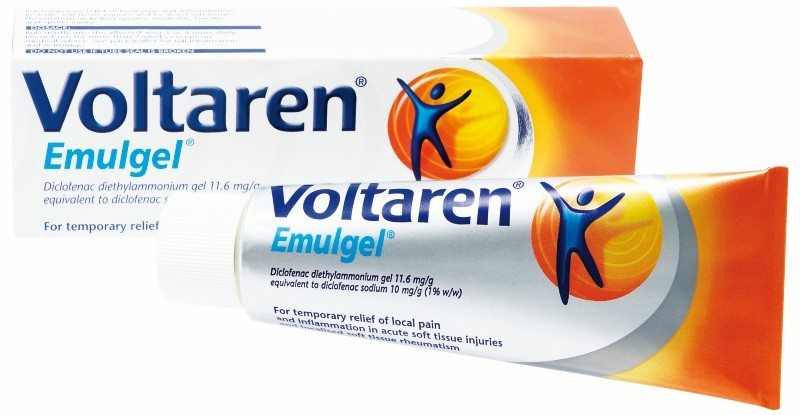Oil of Oregano
Paradoxically, the less evidence that exists to support the use of of a treatment, the more passionate its supporters seem to be. I learned this early in my career as a pharmacist. One pharmacy I worked at did a steady business in essential oils. And king of the oils was oil of oregano. Not only were there several different brands of the...
Placebo Prescriptions
Whether it’s acupuncture, homeopathy or the latest supplement, placebo effects can be difficult to distinguish from real effects. Today’s post sets aside the challenge of identifying placebo effects and look at how placebos are used in routine medical practice. I’ve been a pharmacist for almost 20 years, and have never seen a placebo in practice, where the patient was actively deceived by...
Do calcium supplements cause heart attacks?
Calcium is good for us, right? Milk products are great sources of calcium, and we’re told to emphasize milk products in our diets. Don’t (or can’t) eat enough dairy? Calcium supplements are very popular, especially among women seeking to minimize their risk of osteoporosis. Osteoporosis prevention and treatment guidelines recommend calcium and vitamin D as an important measure in preserving bone density...
What does a new drug cost?
Despite the variety of health systems across hundreds of different countries, one feature is near-universal: We all depend on private industry to commercialize and market drug products. And because drugs are such an integral part of our health care system, that industry is generally heavily regulated. Yet despite this regulation, little is publicly known about drug development costs. But aggregate research and...
The benefits and risks of folic acid supplementation
Could a vitamin with proven benefits in one group cause harm to another? That’s the growing concern with folic acid, the vitamin that dramatically reduces the risk of neural tube birth defects such a spina bifida. Studies designed to explore the possible benefits of folic acid for heart disease, stroke and cancer are giving out some worrying signs: At best, folic acid...

Topical NSAIDs
I have a mental basket of drugs that I suspect may be placebos. In that basket were the topical versions of non-steroidal anti-inflammatory drugs (NSAIDs). When the first products were commercially marketed over a decade ago, I found the clinical evidence unconvincing, and I suspected that the modestly positive effects were probably due to simply rubbing the affected area, or possibly due...
Are you sure you’re allergic to penicillin?
As a pharmacist, when I dispense medication, it’s my responsibility to ensure that the medication is safe and appropriate for the patient. There are numerous checks we go through including verifying the dose, ensuring there are no interactions with other drugs, and verifying the patient has no history of allergy to the product prescribed. Asking about allergies is a mandatory question for...

The risks of CAM: How much do we know?
CAM products and treatments are often sold as "all-benefit, no-risk". While we can highlight the lack of evidence for benefit, even harder can be assessing the risks of CAM.

Energy Drinks
Energy drinks are becoming more and more common as the stimulant of choice targeted at the young, athletic, and anyone under a deadline. What are the risks, benefits, and above all the science?
Vaccines are a pain: What to do about it
As much as I support vaccines, I see the short term consequences. Vaccines can be painful. Kids don’t like them, and parents don’t like seeing their children suffer. That this transient pain is the most common consequence of gaining protection from fatal illnesses seems like a fair trade-off to me. But that’s not the case for every parent. Today’s post isn’t going...

